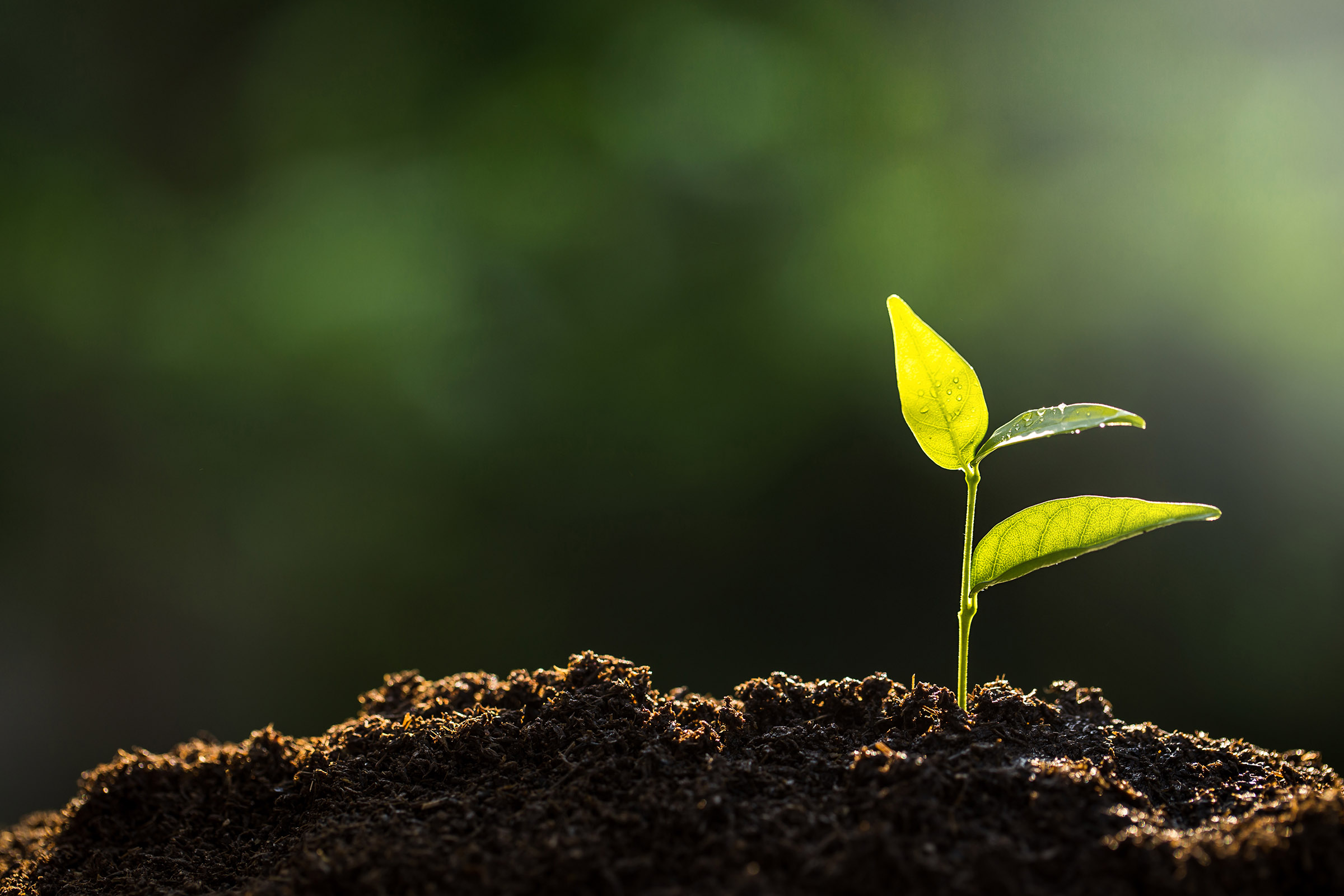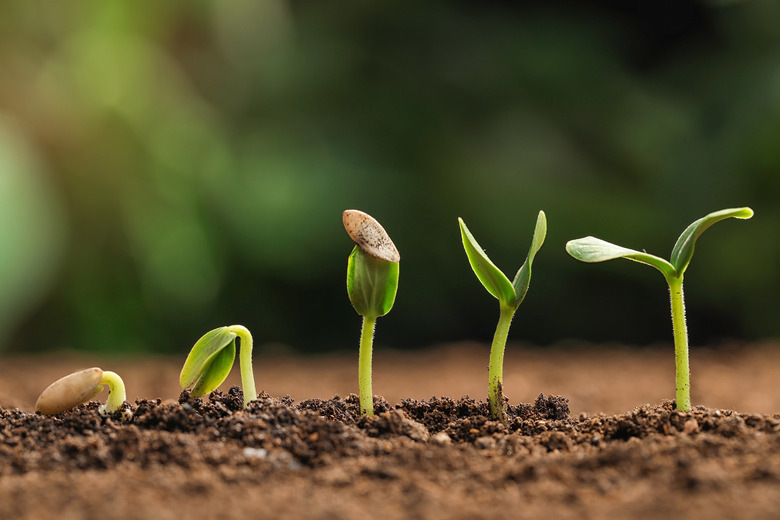Scientists Created 'Smart Soil' That Grows 138% Bigger Crops With Less Water
A group of scientists have created a smart soil that can use 40 percent less water than traditional soil options. Additionally, they say that the new soil can help crops grow up to 138 percent larger thanks to how it distributes the mixed-in fertilizer.
Unesco estimates that around 70 percent of the world's freshwater supply is used in agriculture. This means we're utilizing a lot of our water supply to help keep crops watered and fertilized so they can grow. Places with less water often have trouble keeping their crops growing properly.
That's why scientists have been looking for ways to make soil smarter. Now, researchers have built on previous research to create a new type of smart soil that not only improves how it uses water but also boosts the efficiency of the crop seeds growing within it.

The "smart" moniker in the soil doesn't actually have anything to do with robotics or AI. Instead, it has to do with the specifically formulated hydrogel that the researchers have mixed into the soil. This allows the soil to absorb more water vapor from the air overnight.
This water vapor is then released to the roots of the plant throughout the next day, giving it some additional calcium chloride, which has also been incorporated into the hydrogel to help provide another vital nutrient. The new soil allowed the plants to grow with a 138 percent boost in efficiency, and they required 40 percent less direct watering.
The researchers have highlighted their findings and the process they used to test the hydrogel-mixed soil in ACS Materials Letters. The team plans to conduct longer experiments to test the long-term efficiency of the smart soil, and to try incorporating other types of fertilizers into the mixture. Finding solutions that require less water could ultimately prove very helpful to keeping crops growing as climate change ravages our planet.
